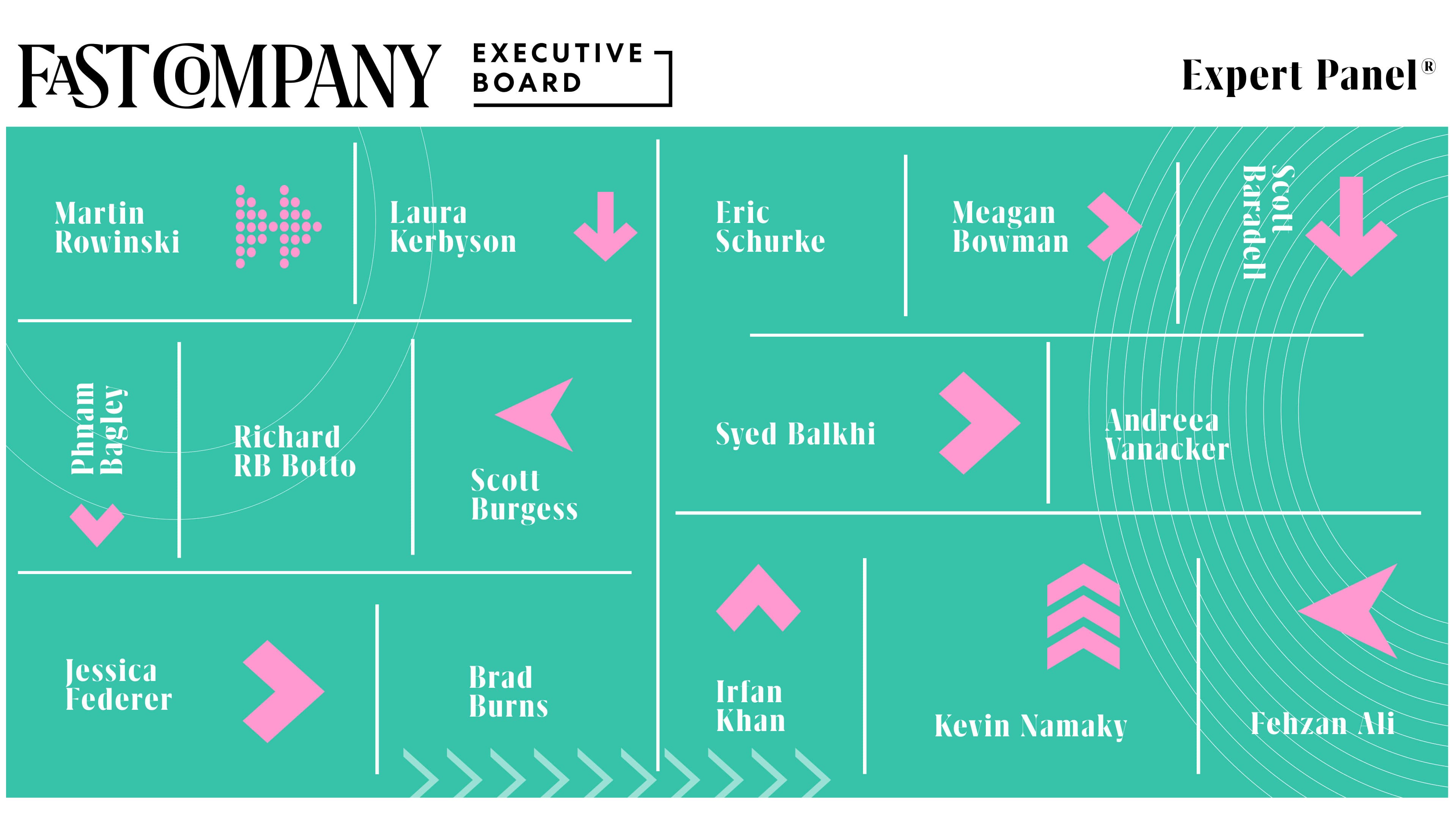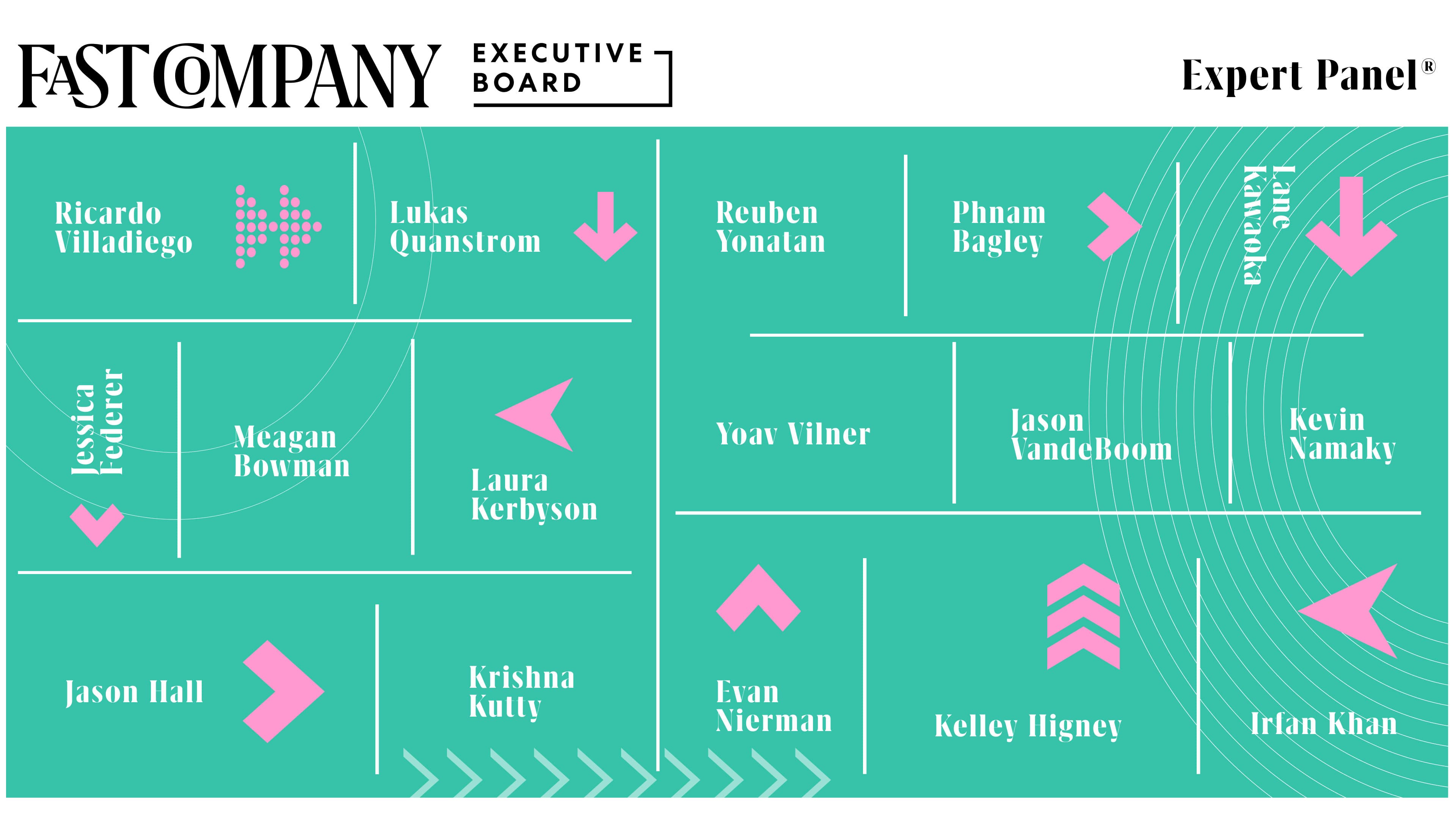Skills
About
Recognized as one of the top 100 global CDOs and a leading Health Tech Influencer, Federer is adept at translating digital developments into meaningful advancements for both business and society. Previously, Federer was the Chief Digital Officer at Bayer A.G., leading the global digital transformation for the life sciences leader across consumer health, pharmaceuticals, animal health, and agriculture. While at Bayer, she held positions in Global Regulatory Affairs, Market Access, Communications and Public Affairs. Federer served on the United Nations m-Powering Development Advisory Board for the Agency for Information and Communications Technology (ITU). Federer began her public health career as an analyst at the Agency for Healthcare Research and Quality in the US Department of Health and Human Services. Federer earned a Bachelor of Science from the George Washington University, and a Master of Public Health from Yale. She and her husband live in New York City.
Jessica Federer
Published content
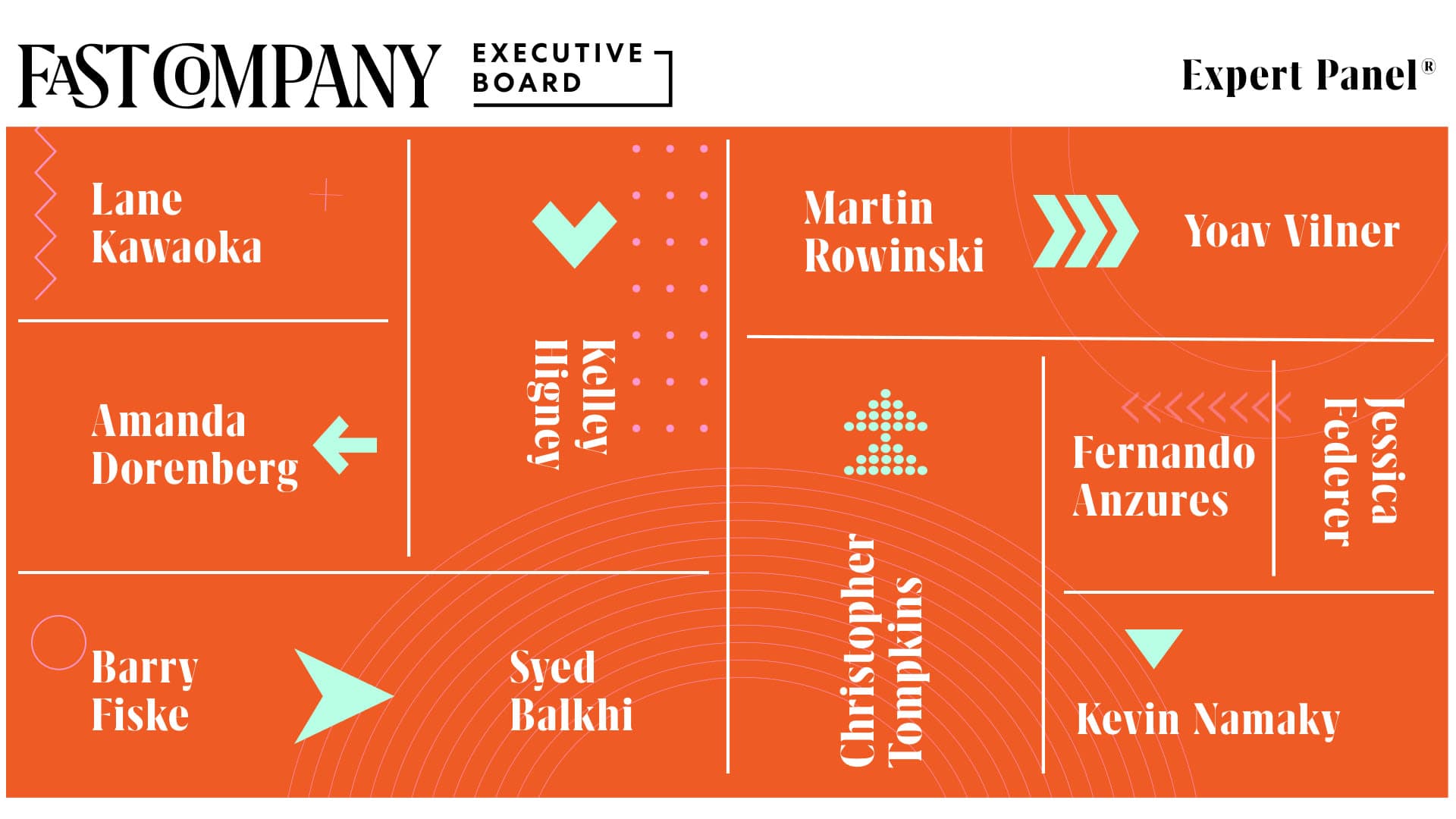
expert panel
Sometimes, it's not worth it to continue pouring resources into a product or service that's not gaining market traction. While it can be disheartening for a business owner to accept, not every new product or service you develop is going to be a hit. Although you may be personally and financially invested, some offerings are going to be more well-received than others. However, it’s not always easy to know when it’s time to walk away. As successful business leaders, many members of Fast Company Executive Board have experienced this dilemma firsthand. Below, they share 11 clear signs that may indicate your new product or service isn’t worth pursuing further.
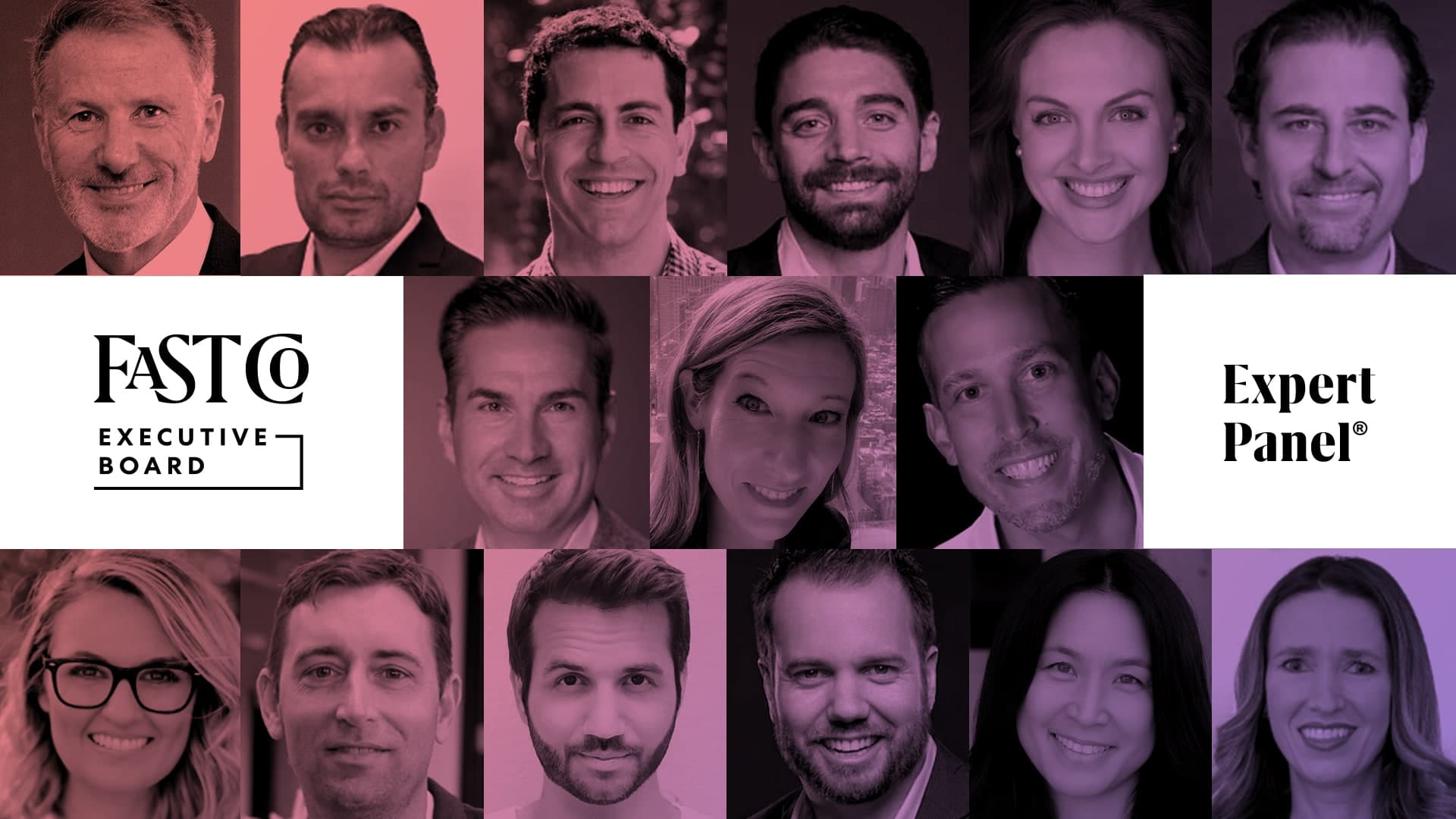
expert panel
Being a leader can be mentally and emotionally taxing, so it's important to prioritize wellness and self-care as a manager. The COVID-19 pandemic ushered in a new era of thinking about mental health and wellness in the workplace. Business leaders have begun advocating for the wellbeing of their employees in growing numbers, transforming mental health support from a perk to a workplace imperative. Even as leaders across industries strive to improve support for their teams, many face their own mental health challenges. To help fellow leaders cope, a panel of Fast Company Executive Board members offered their best advice for managing the unique pressures of leadership and prioritizing mental health and wellness as a manager.
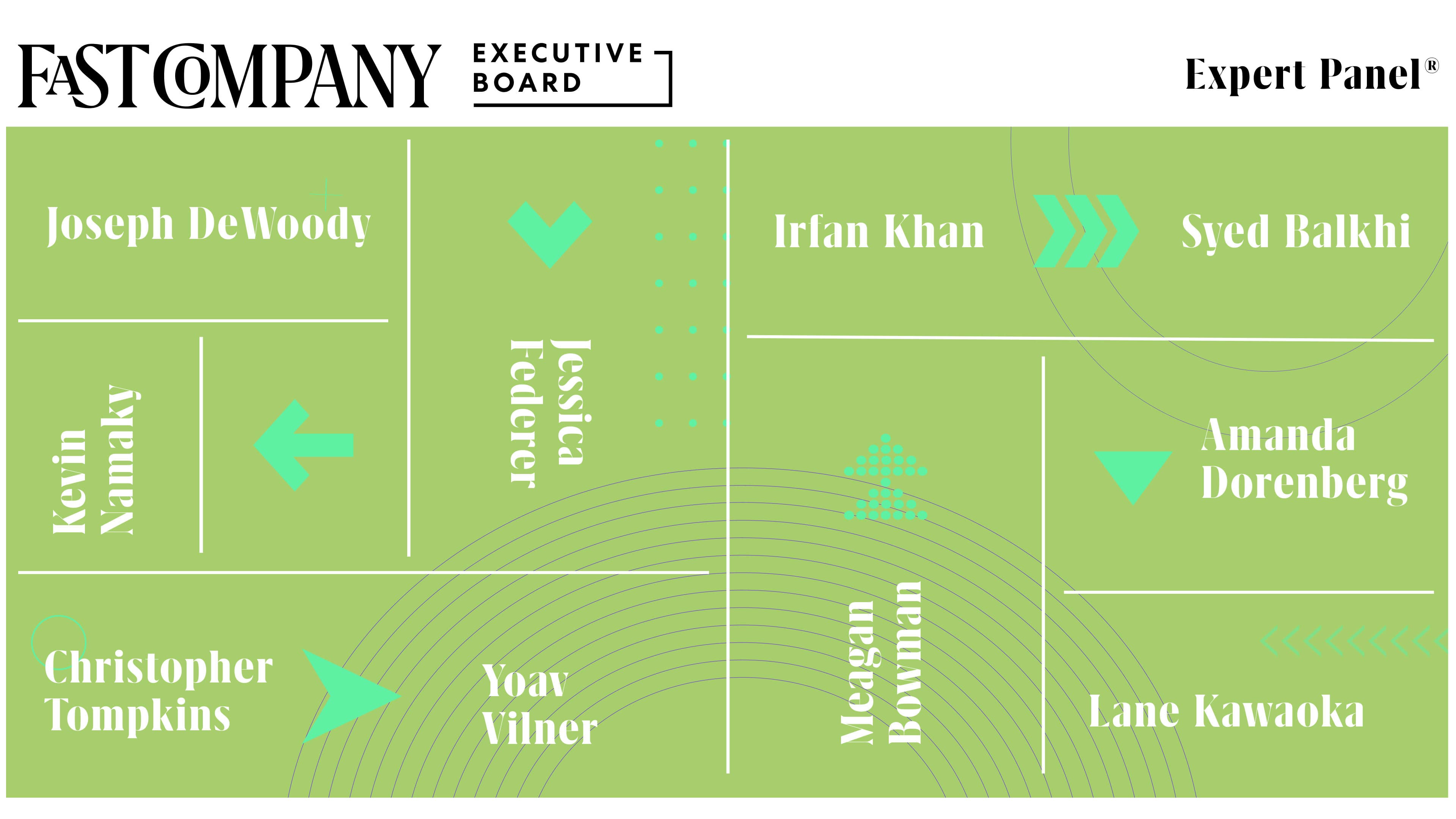
expert panel
A large potential client with instant brand-name recognition could boost your company's profile, but make sure the contract is worth your while before rushing to sign. For B2B companies, nothing is more thrilling than finding out that you’ve captured the attention of a key player in your target audience. If you discover that a major prospect is interested in your services, it can be tempting to get swept up in the excitement of bringing them on board. While it’s always exciting to see your marketing efforts pay off, there are some things you need to consider before rushing to sign that big-name client. Below, 10 Fast Company Executive Board members shared the most important questions B2B leaders should ask themselves before taking the plunge.
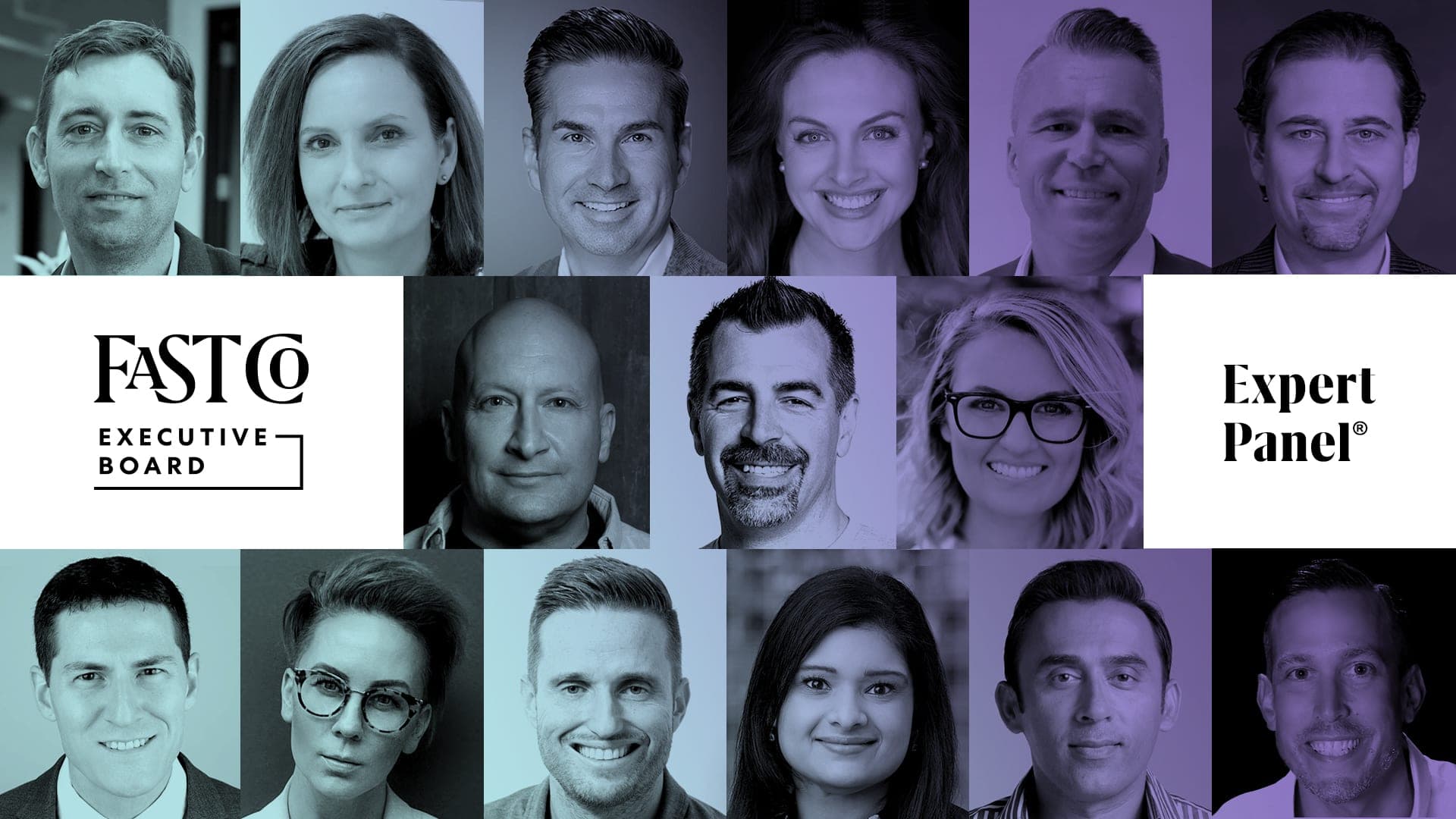
expert panel
Clear expectations are essential for managers to get the results they want while empowering employees to do their best work. As a business leader, you're not only responsible for completing your own work but also for ensuring that your employees are clear on what they need to do and have the resources and leeway to accomplish the goals you’ve set. Your team members want and need to know what you're expecting of them, but if you don't establish and present this information clearly and carefully, it can lead to confusion and anxiety. It's critical to check in with your employees and ensure that they understand what needs to be done to meet (and hopefully exceed) your expectations. Below, the members of Fast Company Executive Board share 15 smart strategies for setting expectations with your employees the right way.

expert panel
If you’re seeing high rates of resignation, these strategies can help you identify the reasons why. When a company is experiencing high attrition rates, it isn’t always easy to pinpoint the reason (or reasons) employees are leaving. Countless factors can influence someone’s decision to stay at or leave their place of employment; some are within the organization’s control, and some are not. However, when a company is seeing steady turnover, there are likely one or more underlying problems that are happening on the inside. It’s critical for leadership to identify those issues to prevent even more employees from leaving—especially in today’s tight workers’ market. If your company is struggling with steady or growing employee turnover rates, try these 15 strategies from the members of Fast Company Executive Board to get to the root of the problem. The sooner you discover the cause(s), the sooner you can implement real solutions.

expert panel
Nov 17, 2021
Don't let your company's departments get cut off from each other and stop communicating about and progressing toward shared goals. In the early days of a startup, most team members likely wear multiple hats and have to pitch in together on a variety of projects. But as companies grow and develop, different departments may adopt their own project management and communications systems. While it may seem like it's a good idea for every team to find and leverage the tools and processes that work best for them, a drive for "departmental efficiency" can have the unintended effect of creating team silos. If every team or department in an organization is working with a different set of processes, systems, and tools, they may end up engaged in redundant work, overlook important tasks, and struggle to effectively communicate updates and needs with other stakeholders. All of these misfires can eventually lead to frustration for both the staff and the customers and clients the business serves. Fortunately, with the right strategies from leadership, it's possible to prevent the prevalence and minimize the impact of working in silos. Below, 16 Fast Company Executive Board members share their best tips and tricks for establishing a culture that values both maximum efficiency and productive collaboration.
Company details
Boston Millennia Partners
Company bio
Federer is an investor and board member. Recognized as one of the top 100 global CDOs and a leading Health Tech Influencer, Federer is adept at translating digital developments into meaningful advancements for both business and society. She is a partner at Boston Millennia, building companies to improve health research and care. Previously, Federer was the Chief Digital Officer at Bayer A.G., leading the global digital transformation for the life sciences leader across consumer health, pharmaceuticals, animal health, and agriculture. While at Bayer, she held positions in Global Regulatory Affairs, Market Access, Communications and Public Affairs. Federer served on the United Nations m-Powering Development Advisory Board for the Agency for Information and Communications Technology (ITU). Federer began her public health career as an analyst at the Agency for Healthcare Research and Quality in the US Department of Health and Human Services. Federer earned a Bachelor of Science from the George Washington University, and a Master of Public Health from Yale. She and her husband live in New York City.


